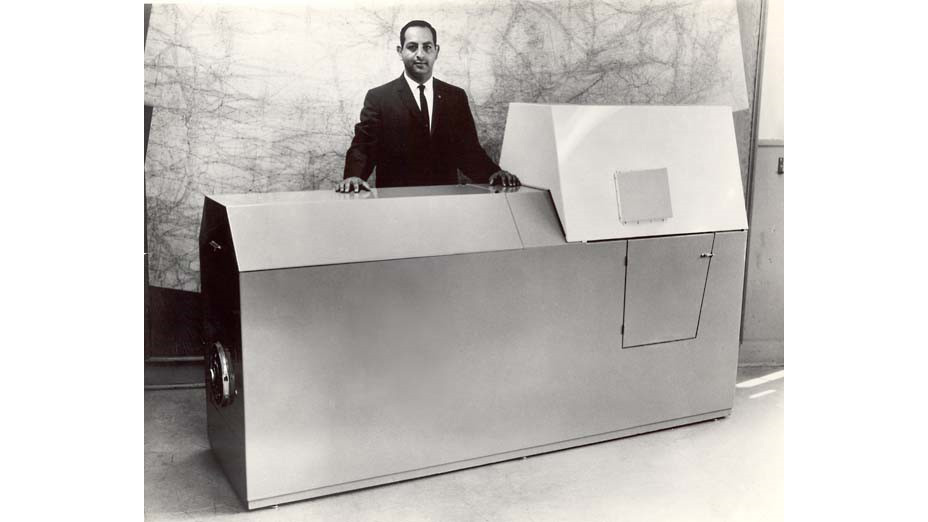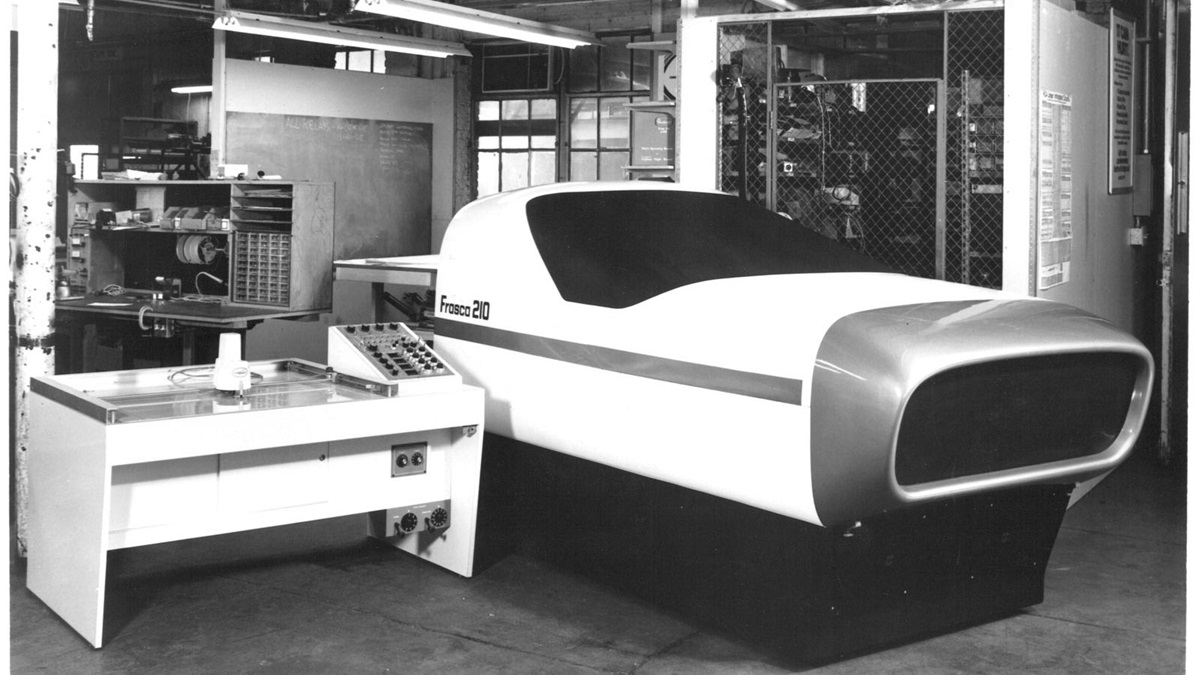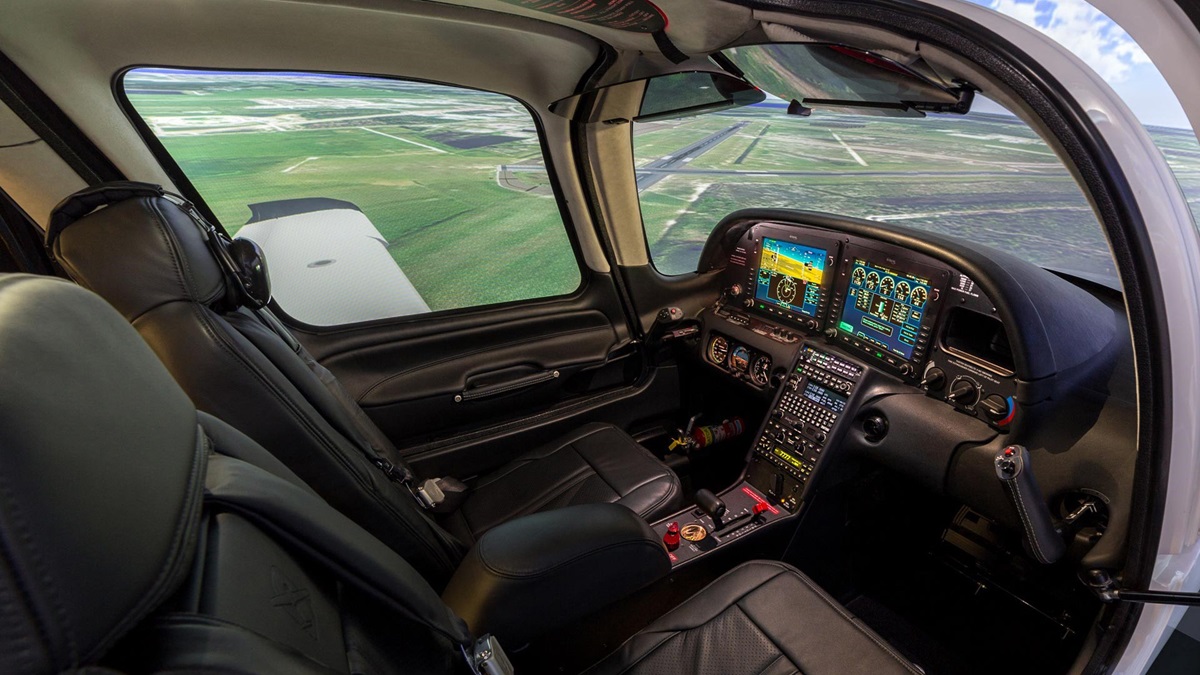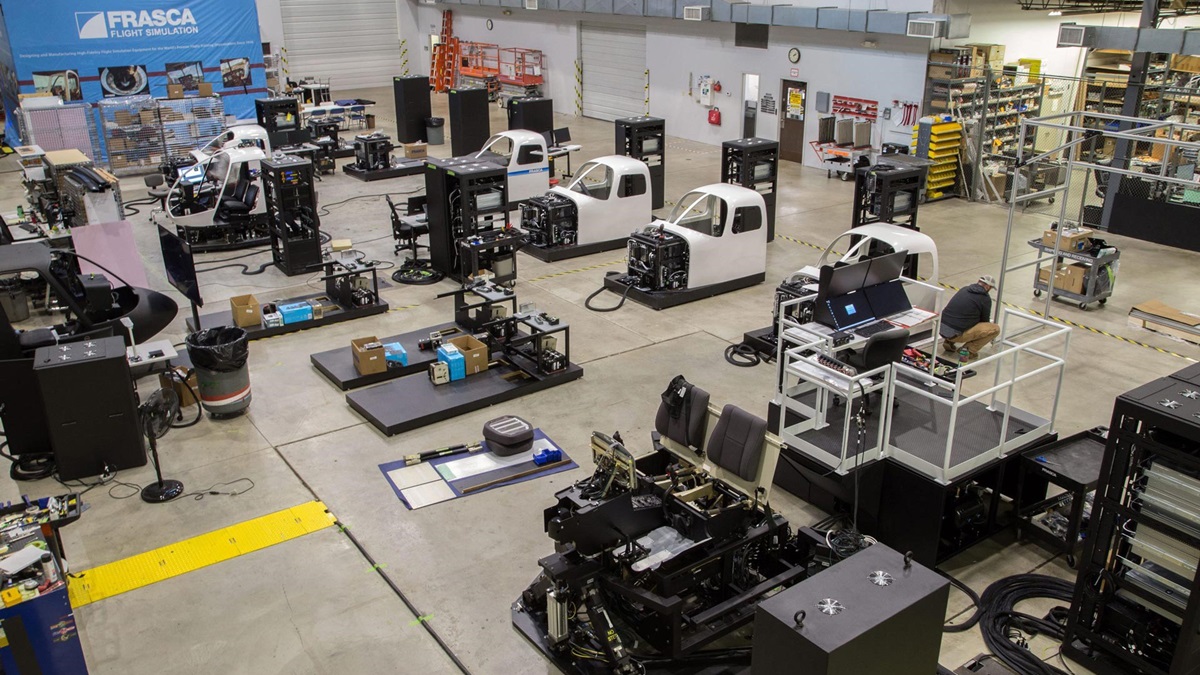Flight simulation innovator Rudy Frasca dies
Patriarch of family-run business with global reach remembered as a 'pioneer'
Frasca International announced May 11 that founder, pilot, researcher, and flight simulation engineer Rudy Frasca has died.
“He was a true aviation pioneer and avid pilot. He will be greatly missed,” the company posted in a brief social media tribute to the 89-year-old who was born in Chicago on April 19, 1931.
In the six decades that followed, the family-run company grew into a global flight training device powerhouse with clients in the United States, Australia, China, Germany, Japan, and elsewhere.
Frasca was inducted into the National Association of Flight Instructors Hall of Fame in 2012 by the association’s founder Jack Eggspuehler and Sporty’s Pilot Shop founder and lifelong friend Hal Shevers.
“Hal and Rudy were longtime friends, and I know he thought the world of him,” said John Zimmerman, Sporty’s catalog division vice president.
The flight simulator manufacturer’s general aviation roots began with the Model 100, an analog device that combined Frasca’s aviation psychology background with engineering concepts that maximized learning.
He made personal visits to install that model and its coffin-shaped Model 101 successor at local flight schools and colleges with aviation training programs. The strategy helped establish Frasca’s reputation for customer service, quality, and innovation.
Flight schools, aviation colleges, the military, and commercial training needs are still serviced by in-house electrical, mechanical, aeronautical, software, and graphics engineering specialists while family members direct the company’s operations.
Simulated aircraft range from the popular Cessna 172 Skyhawk single-engine trainer to the Boeing 737 transport category jetliners. The range of technology includes stationary flight training devices, full-motion devices, and purpose-built military simulators for the United States, Mexico, and other armed forces. The cost for a multipurpose GA simulator can begin at around $50,000 and “highly customized FAA Level B-D Full Flight Simulators” can cost $5 million to $15 million, the company wrote in a recent blog.
Some of the company’s more recent innovations are lower-cost Bell 206, 412, and 407; Robinson R44; or Airbus A350 helicopter training devices outfitted with analog or digital instrumentation, which are critical to training aeromedical first responders.
The firm has a strong presence in colleges and universities, including U.S. institutions Embry-Riddle Aeronautical University, Liberty University, Middle Tennessee State University, the University of North Dakota, and many more operating stateside and overseas.
Commercial customers include American Flyers, Bell, Bristow Helicopters, CAE, the Civil Aviation Administration of China, Era Training Center, Delta Connection, Global Medical Response, SimCom Aviation Training, and others.
Frasca, who raised eight children, also owned and operated a handful of unique and antique aircraft over the years, including a Curtiss P–40, a Supermarine Spitfire, a Grumman Wildcat, a North American SNJ, a Beechcraft T–34, a Fiat, and a replica of a Mitsubishi Zero. “He loved all airplanes but had a special place in his heart for his Piper Cub,” wrote Marketing Manager Peggy Frasca Pritchard. “His love of grassroots aviation and passion for flying fueled the growth and success of his simulation company.”
In his flying days, the patriarch was active in many aviation organizations and loaned several of his aircraft to the EAA museum so that the public can enjoy them.
A 2018 article highlighting the company’s sixtieth anniversary noted that more than 2,700 devices had been delivered to 70 countries.











